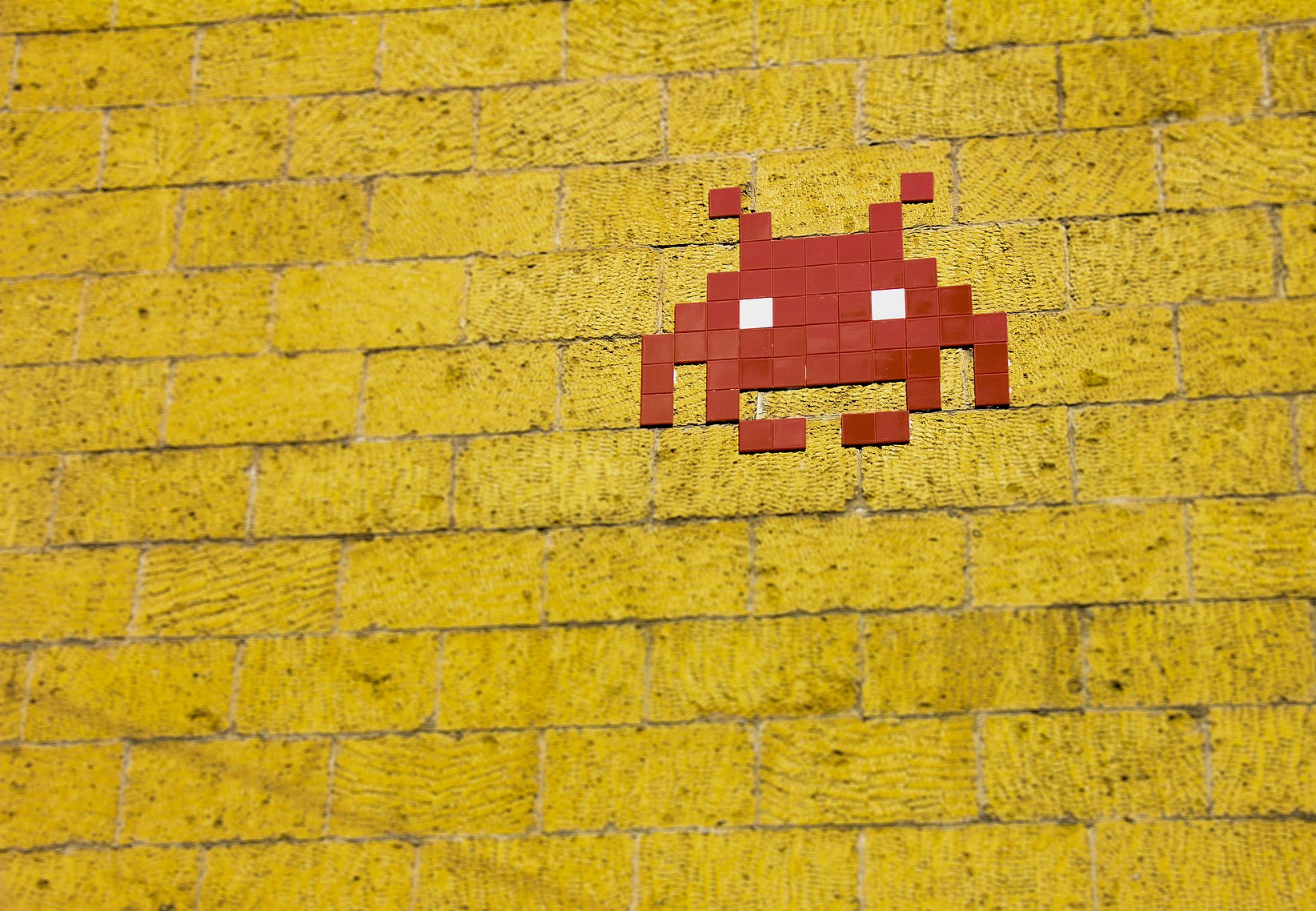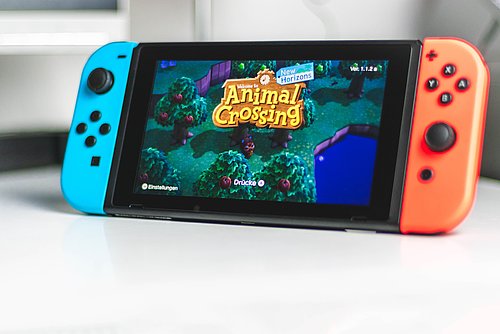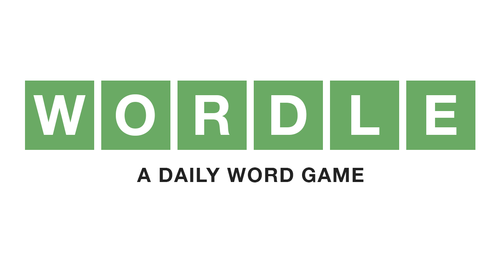
Children's marketing, We are Family, Digital marketing, Digital Marketing, Families, Marketing Agency, Network, Social media, Young adults, pandemic, Gen Z, Television
Gaming Taps Into Nostalgia

One of the most profitable trends in popular culture at the moment is nostalgia. Just look at the music of Euphoria, this year’s Super Bowl halftime show or the upcoming remake of The Lost Boys. Nostalgia dominates every aspect of the current cultural sphere whether it be film, music or fashion. The lucrative aspects of nostalgia are undeniable (think of the success of Jurassic World or the $100 million dollars Netflix spent on keeping Friends for another year). This obsession with the hasbeen has also made its way into the world of gaming.
While it's easy to be cynical about remakes and reboots, one can't help but feel that they seem more appropriate in the games industry. Graphics can be updated, bugs can be fixed and most importantly, you can update the game so that it can be played on modern devices. While I might struggle to find something to play my Gremlins VHS, at least I know that I can access it on a streaming service. The same, unfortunately, can't be said for my Nintendo 64 cartridge of Goldeneye. When done correctly, rebooting games can offer an unparalleled level of joy to the user. Not only does it offer you the chance to play a game you played as a child, but it also gives you the chance to play it on your phone on your way to work. 25 years ago I would have needed a SNES to play Chrono Trigger, now I can play it while I'm on the tube for a mere £5.
Making old games accessible to new audiences isn't the only benefit of re-released games. Recent reissues, like Tony Hawk's Pro Skater and Crash Bandicoot, also focused on updating the appearance of the game. If a game from 1999 is going to be played on a console manufactured in 2020, it may as well look like its modern counterparts. That's not to say that it's always a good idea to update the graphics. Players of the original may have found a certain romance to the pixelated levels they were on 20 years ago. Change is not always good.
One of the riskiest aspects of tapping into the nostalgia of early video games is that many players hold deep, unmovable emotions towards them. Those who grew up with a game might not want to see it altered; just like they wouldn't want to see someone rewrite their favourite book. Players were even outraged at the fact that the reissue of Tony Hawk's Pro Skater was missing a few songs that were in the original. Dealing with established fandoms can be a risky move. Fans of a title can hold unwavering views of how a game should be played, on what it should be played and how it should look. In light of this, some games developers have opted for rereleasing games that were never really considered that successful in the first place, take the "rehydrated" remake of SpongeBob SquarePants: Battle for Bikini Bottom for example.
That's not to say that a good remastered game can't be achieved. Games like Resident Evil 2 and Final Fantasty VII managed to sell millions of copies in their remastered versions. The fans also seemed to be impressed. Remasting a videogame can immerse users and bring them back to their childhood. Simultaneously, it's also an easy way for games developers to make a quick buck and sell to already established fandoms. One hopes that the profitability of remastering games doesn't reduce the amount of original games being published, but it unfortunately seems likely. In order for the games industry to succeed, there needs to be a healthy dose of originality, while also appealing to a nostalgic element within its audience. Do we really need Spongebob remastered? Do we really need 12 Assassin Creed games? Maybe not, but with a healthy sprinkling of original material alongside them, it might just work.


